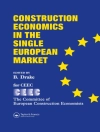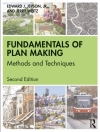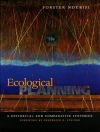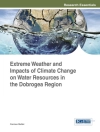Written by one of the world’s leading scholars in the field, this book provides a unique perspective on the connections between energy justice and human rights. Taking an interdisciplinary approach, the author offers an accessible discussion about the implementation of energy justice in practice. The book explores the rise of justice issues in the energy sector, the interdisciplinary nature of energy justice, the economics of energy justice and provides a practical case study on distributive justice. The penultimate chapter focuses on human rights and energy justice in a world first, and explores the topic from the perspective of the opportunity of last resort. This ‘opportunity of last resort’ is the national courts and is the place where societies can seek to have justice enforced through a variety of human rights being protected. Finally, energy justice risks are highlighted alongside the author’s proposed framework for the next generation of energy justice scholars.
Tabella dei contenuti
Chapter 1: Introduction: The Inevitable Emergence of Energy Justice.- Chapter 2: The Concept of Energy Justice Across the Disciplines.- Chapter 3: Economics and Energy Justice.- Chapter 4: A Case Study on Distributive Justice: Utilising Energy Taxation and Sovereign Wealth Funds.- Chapter 5: Implementing Energy Justice into the Energy Transition through Human Rights.- Chapter 6: Conclusion: Ensuring Justice in Energy Infrastructure Development.
Circa l’autore
Raphael J Heffron is Professor for Global Energy Law & Sustainability at the Centre for Energy, Petroleum and Mineral Law and Policy at the University of Dundee. As of July 2019 he is also a Jean Monnet Professor in the Just Transition to a Low-Carbon Economy awarded by the European Commission. In 2020, he was also appointed as Senior Counsel at Janson law firm in Brussels (Belgium). Professor Heffron is a qualified Barrister-at-Law, and a graduate of both Oxford (MSc) and Cambridge (MPhil & Ph D). His work all has a principal focus on achieving a just transition to a low-carbon economy, and combines a mix of energy law, policy and economics. He has published over 150 publications of different types and is the most cited scholar in his field worldwide (1400+
Scopus). Professor Heffron has given just over 145 keynote or guest lectures in 49 countries worldwide.












